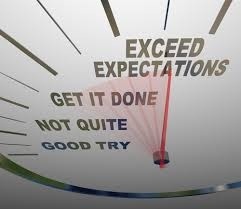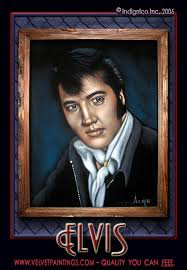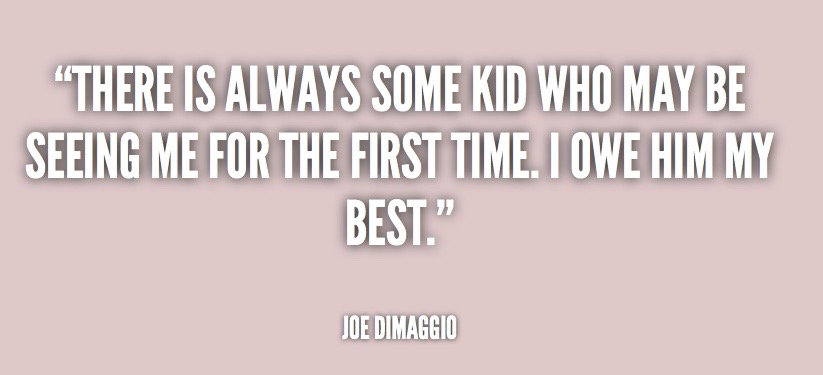Recently on a station I work with, a contest winner call led to a dramatic and touching story. My wife was listening to it with me, and tears came to her eyes as she heard the winner talk lovingly about his son, who has several serious medical issues.
As a coach, I saluted the morning host, Dave Arthur, because people don’t just open up to someone like this unless they TRUST you. However, from a time standpoint, the call could’ve used a couple of edits. There was a lot of medical talk—many ailments (with those Latin names), and we always have to guard against the mediocre audio quality and partial dropouts that are indigenous to cell phones and could force a listener away. I showed him where an edit or two could’ve cut some of that out, and allowed him to wrap it up with both congratulations on the win, and a hopeful and heartfelt thought Dave had offered to the dad.
Then we went on to how things can serve Double Duty. I would have run the edited call on the air, then put the entire call on the website (or link to his Facebook page). Now you’d have the opportunity to promote that different door to the station with something like “There was a lot more to that call that we didn’t have time to air, but you can hear the whole call at ktsy.org. It’s amazing.” Re-purposing it that way could have created two related but distinctly different “moments” for the listener, and spurred some traffic on the website.
Many stations don’t have the savvy (or sadly, the work ethic) to do this sort of thing, and it results in missed opportunities. I’ve worked with several syndicated shows where website visits are the currency for clients.
Two lessons from this:
1. Don’t EVER waste the listener’s time on the air. Hard decisions have to be made sometimes in order to accomplish this.
2. Your website has to offer something of VALUE besides just lists, promotional items, and “USA Today”-type lifestyle stuff. (We’ve seen enough recipes for your special combination Hungarian/Mexican goulash tacos.)
My friend and colleague Alan Mason says “Everything matters.” He’s right.
– – – – – – –
Tommy Kramer
Talent Coach
214-632-3090 (iPhone)
e-mail: coachtommykramer@gmail.com
Member, Texas Radio Hall of Fame
© 2015 by Tommy Kramer. All rights reserved.






